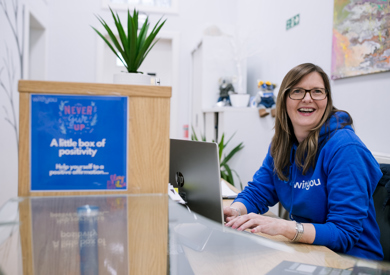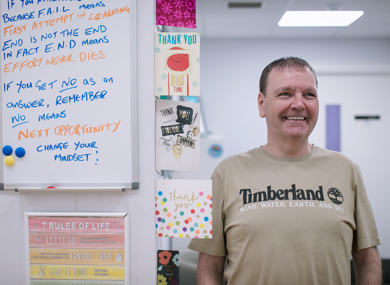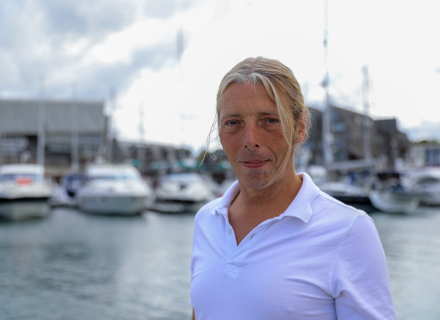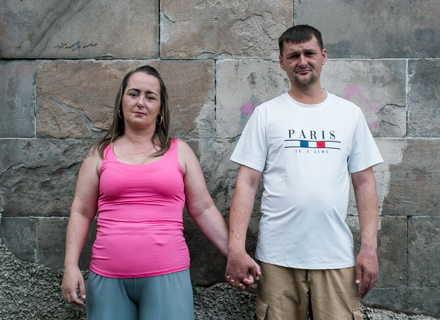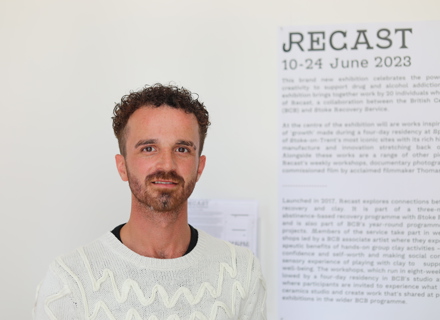How we think about recovery
For us, recovery means finding a new path towards a healthier life – one that is not ruled by dependence or poor mental health, with hope for the future and the self-belief to thrive.
It’s a journey, and no two journeys are the same.
We’re here to help you define your version of a successful recovery, supporting you in setting your own milestones and measuring progress together.
Whether it’s recapturing something lost or discovering something that never seemed possible, like fulfilling relationships, meaningful work or being part of a community, we'll help build you those connections.
